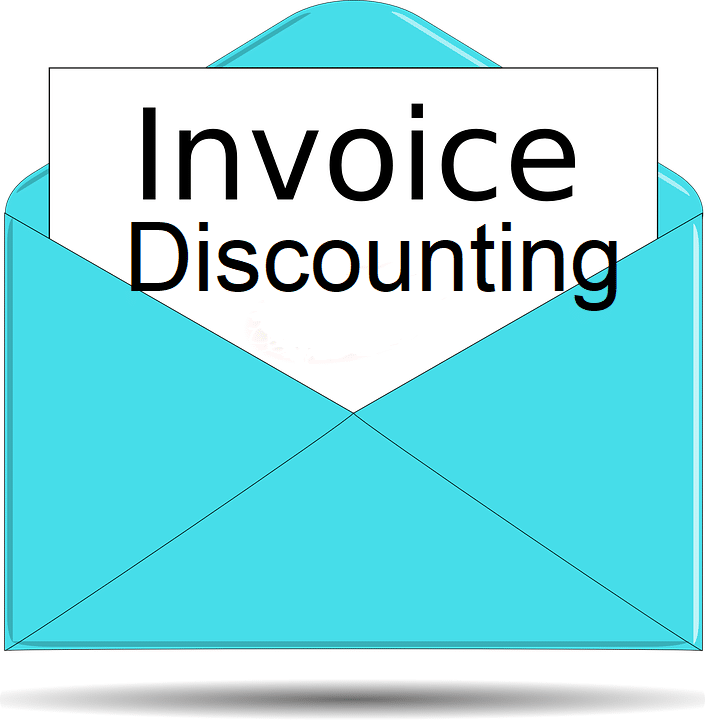In this article, we discuss invoice discounting in Kenya and how it works.
What is Invoice Discounting in Kenya?
Invoice discounting is the practice of using a company’s unpaid accounts receivable as collateral for a loan, which is issued by a finance company.
This is an extremely short-term form of borrowing since the finance company can alter the amount of debt outstanding as soon as the number of accounts receivable collateral changes.
Invoice discounting essentially accelerates cash flow from customers, so that instead of waiting for customers to pay within their normal credit terms, you receive cash almost as soon as you issue the invoice.
Invoice discounting is impossible if another lender already has a blanket title to all company assets as collateral on a different loan.
In such situations, the other lender needs to waive it’s right to the accounts receivable collateral, and instead take a junior position behind the finance company.
Also Read: How to pick a factoring company
Invoice discounting works best for companies with relatively high profit margins since they can readily absorb the higher interest charges associated with this form of financing.
It is especially common in high-profit businesses that are growing at a rapid rate, and need the cash flow to fund additional growth.
Advantages of invoice discounting
1. Quick cash
Invoice discounting is a comparatively faster and faster method to procure some money than applying for a loan in which credit institutions or banks take quite a lot of time in credit appraisal of the borrower.
It accelerates cash inflow by converting sales receivables into cash.
The cash injection can be invested in increasing sales, pursuing growth, capital investment, repaying critical debts, etc.
2. Reduced collection period
The collection period refers to the time taken by accounts receivables to realize into liquid cash.
The collection period is generally the credit period allowed. Invoice discounting facilitates the provision of finances by taking an advance from the invoices issued.
Thus, a business person may collect his blocked funds without waiting for the entire credit period against a fee.
Related: How Invoice Discounting saved my Business.
3. No effect on business relations
The business relations between the seller and buyer are not hampered in case of invoice discounting.
Discounting companies have no or minimal contact or correspondence with the buyer.
Hence, the buyer is sure that he would continue to be liable to the seller, not to other parties.
4. Allows more room for credit sales
The company can choose to grow sales in terms of cash or credit.
Sales that are on credit can be converted into cash quickly, and the company need not bother much about the liquidity issue, which comes with credit sales if invoice discounting process is in place.
5. Improves cash flow
Invoice discounting provides improved cash flow since up to 85% of the advance invoice amount (receivable) can be converted into cash, thereby aiding shorter working capital cycles.
Also Read: Performance bonds
Disadvantages of invoice discounting in Kenya
1. The decrease in profit margins
The financial institution providing invoice discounting generally charge a fee which becomes a cost to the company (a discount on the face value of the invoice issued).
This decreases the profit margin for the borrowing company. Still, it’s essential to bear in mind that the discount fee charged is small and only cost when invoices are discounts, unlike a loan where interest is charged on an ongoing basis irrespective.
2. Non-suitable for new business
This type of finance is not suitable for new business entities as it would affect their financial statements negatively.
Their profits are not significant enough to absorb extravagant interest costs and maintenance fees.
The presence of high-interest costs in a startup is always a bad sign for any kind of prospective investor too.
3. Excess dependency
Too much reliance on invoice discounting makes the entity carefree about the receivables department.
The company would have no regard for the credit monitoring of the customers, whether the book debts are being realized within the credit period etc.
4. Reduced collateral
Sales receivables constitute a big part of current assets held by a business.
Current assets (Inventory, Receivables) are generally pledged for working capital finances.
The receivables against which the loan has been obtained will no longer be available for further debt arrangements which would curtail the drawing power.
Also Read: How to reduce credit risk in your business
Invoice discounting in Kenya and how it works
- You provide the goods/services to your customer and invoice them
- You send the invoice details to the invoice finance provider
- Funds are made available of a certain percentage of the face value of the invoice. Usually within 48 hours (see different factoring companies for invoice advance % details)
- Either your credit controller or the invoice finance provider’s sales ledger service carries out the invoice collection procedure
- When your debtor pays, the balance of the invoice is made available to you – less a service fee




